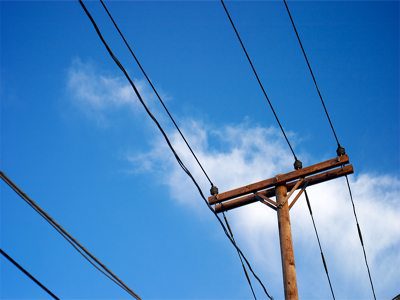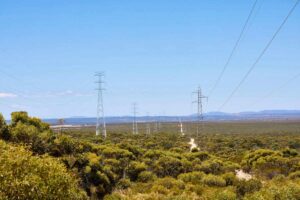(Editor’s note: This story is update to include members of advisory panel).
The new Abbott conservative government has announced terms of reference for a new energy white paper, that it says will deliver a “framework for national energy and resources policy that is clear, consistent and stable.” Let’s hope it is also flexible.
Minister for Industry Ian Macfarlane, whose portfolio includes energy, says the new EWP is critical to secure domestic energy needs and grow Australia’s export base. Indeed, the only technology that is mentioned in the release, and the terms of reference, is Liquified Natural Gas. Macfarlane was quoted last month as saying Australia should be seeking to extract every last molecule of gas that it could. (See carbon budget).
“Stable energy policy is essential given its close connection to issues that affect every home and business, including electricity prices,” Macfarlane is quoted as saying in a press release.
“It’s also important that international investors can have faith that Government policy will be clear and consistent without any nasty surprises.
“The Government also understands the need to create the right environment to attract investment.”
Does it? Investment in domestic energy has come to a grinding halt (with the exception of household solar) after the new government flagged its intention to repeal the carbon price, and to review the renewable energy target. Just how the government proposes to reduce emissions over the long term, and to provide the right incentive for future investment, is yet to be seen.
The press release state that the Department of Industry will consult key stakeholders and invite public submissions and will ensure policy is “robust, well-informed, and relevant to energy consumers.”
It will appoint an “expert reference panel” to advise the industry. The good news is that it is not led by a climate skeptic, as the government’s new business advisory and financial review panels are. The members include:
- (Chair) Mr John Ryan, Department of Industry
- Mr Andrew Hipperson, Goodman Fielder Australia
- David Moult, Centennial Coal & NSW Minerals Council
- Dr Gillian Owen, AER – Consumer Challenge Panel & Monash University
- Professor Paul Simshauser, AGL Energy Limited
- Ms Anna Skarbek, ClimateWorks Australia
- Dr Brian Spalding, AEMC & ARENA
- Ms Jennifer Westacott, BCA – Energy Working Group
- Dr Alex Wonhas, CSIRO
Given that many of these have worked on the CSIRO’s Future Grid scenarios, this is a promising development.
The terms of reference, which can be found here, says the EWP will consider:
▪ policy and regulatory reform to secure reliable, competitively and transparently priced energy for a growing population and productive economy, including the efficiency and effectiveness of regulatory bodies;
▪ the appropriate role for government in the energy sector;
▪ opportunities to drive the more productive and efficient use of energy;
▪ energy related distribution infrastructure to deliver efficient national markets;
▪ alternative transport fuel sources;
▪ workforce issues, including national skills development needs; emerging energy technologies and new energy sources; and future growth in exports of energy products, including our world leading services industries.
It says an issues paper will be released by mid December to initiate consultation. A Green Paper will be released for consultation in May 2014, while the full Energy White Paper will be completed in September, 2014.





